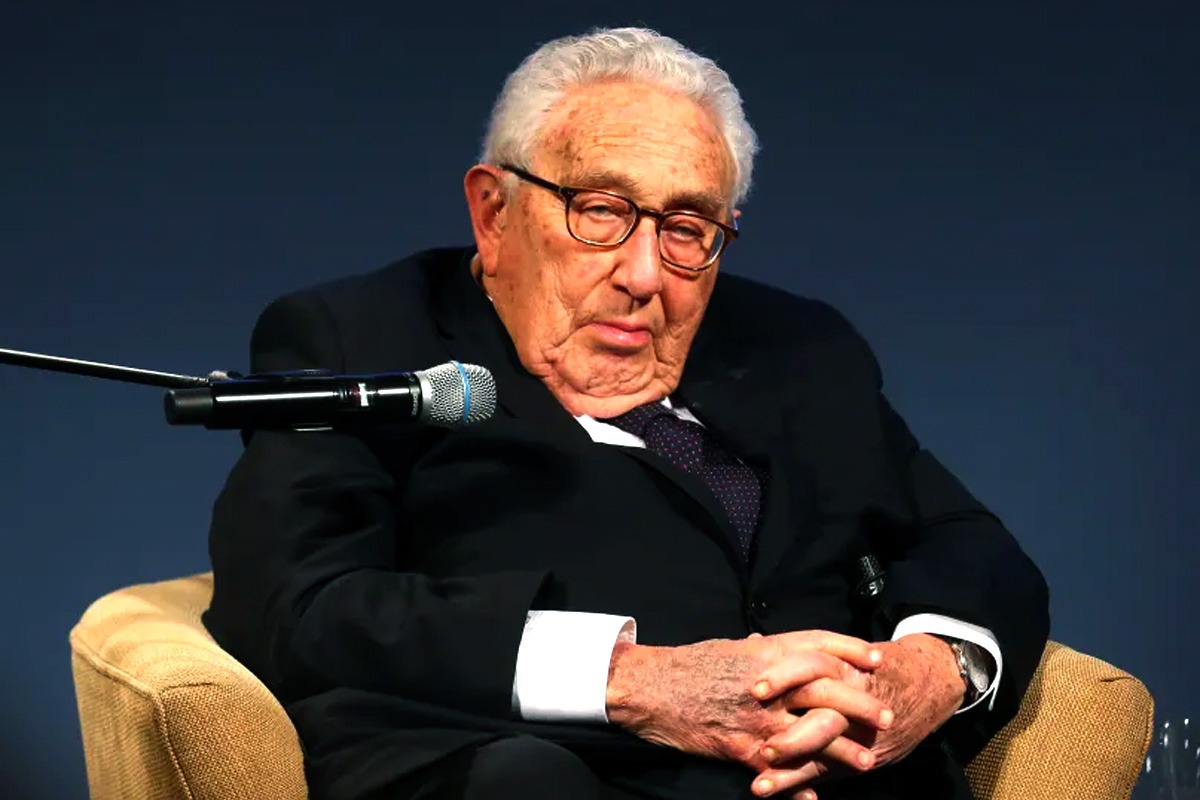In the Tragedy of Pax Americana, Kissinger looms like a titan. Though, in retrospect, his follies and crimes of omission and commission outstrip his towering achievements – Middle East shuttle diplomacy, prolonging the detente with Moscow, and the breakthrough with Maoist China, his finest hour.
Napalm, Agent Orange, turning the landlocked Laos into the ‘Most Bombed Country in the World’, secret carpet bombing of Cambodia, and considering nuking India during the 1971 Bangladesh Liberation War, were all his ‘tactical gambits’ to gain advantage in the perennial grand chessboard of international relations.
Early 1970s was an extraordinary epoch of highs and lows, for the world as well for this arch Neo-Machiavellian practitioner of realpolitik. Those were the worst of times. Those were the best of times…
Nixon’s diplomatic breakthrough with China, laying bare the Sino-Soviet split out in the open and normalizing ties with Beijing under Mao, was the capstone in his career.
Along the same time, just like in classical Greek tragedy, where hubris leads to hamartia, his diplomatic outreach was shattered as VietCong stormed the Presidential Palace in Saigon. Following the 1973 Nobel Peace Prize fiasco, in the wake of defeat in Vietnam, he attempted to return the award.
Politics knows no morals, only expedience, said Lenin. Kissinger merged the ruthless amoralism of realpolitik with the chilling Stalinist quip ‘One Death is a Tragedy, Million Death is Statistics’ with a flamboyant Teutonic swagger.
The glittery paraphernalia of American Exceptionalism, Democracy, Freedom, all came handy and served better than the stale and yawning agitprop and rhetoric of the other camp behind the Iron Curtain.
Statistical tabulation of blood & gore, death and mayhem, following his policies, would give a staggering count, from Cambodia to Cyprus to Chile.
All of it was orchestrated with the calculating precision of a scrupulous German official who fancies himself as a Bismarck in the garb of a grey cardinal.
The polemical ‘Trials of Henry Kissinger’ by Christopher Hitchens scathingly captures all the details of his experiments in the ‘art of the possible’.
The existential necessities of ‘Cold War’ and beating the bad guys, camouflaged the messianic, interventionary zeal, hubris, and futile entanglements beneath a metaphysical Hobson’s choice and tryst with the absurd like in John Le Carre spy novels.
A student of Hegel, just like Stalin and Gorbachev, Kissinger must have seen himself as a colossus stuck in the quagmire of a Nietzchean dilemma where all actions are incomprehensibly beyond good and evil, but one is impelled to act.
His fawning admirers and acolytes range from ardent war-mongers to the flag-raisers of La Liberte, Multikulti, and Torchbearers of Woke.
The 19th century Russian poet Mikhail Lermontov, wrote a novel titled ‘A Hero For Our Times’.
The most succinct coda to the long-career and afterlife of Henry Kissinger should be titled ‘A Hawk for Our Times’.
Aditya Chaturvedi is a communications professional with an amateur interest in politics, history, international affairs, ideologies, culture, and how their intersection shapes societies.










